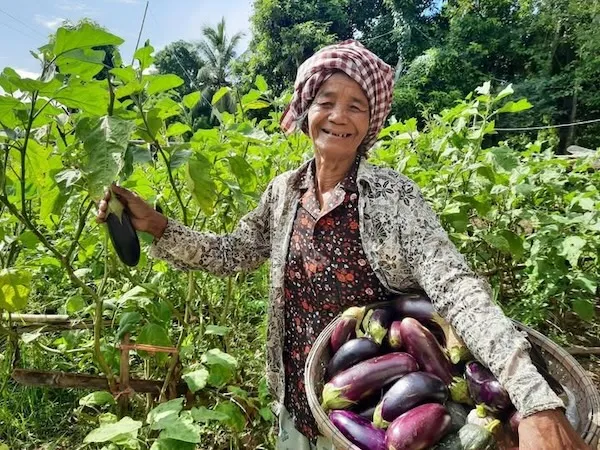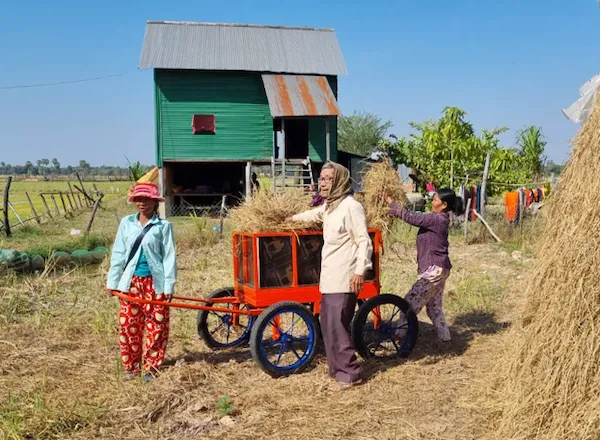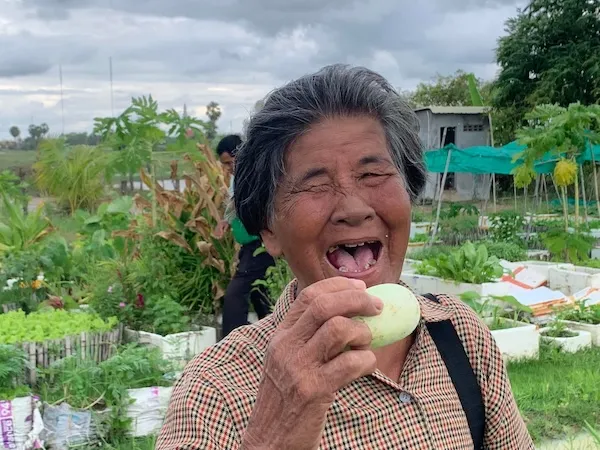Background
From its early days in development in our social innovation lab in Cambodia, Agri-lab has expanded and is now also operational in Indonesia and in Africa. Agriculture is the backbone of rural life and economy in Cambodia but sadly can be an inaccessible environment on many levels. Persons with disability and the elderly face some of the greatest challenges and exclusion thus marginalising them from using their productive and creative capacity for self-determination and inclusion. Agri-lab aims to aid the mobility and functional impairment challenges by producing assistive farming devices for accessible agricultural practice thus improving livelihoods in rural economies.



What we did
PAfID and local partners first worked with the farmers with disability to identify their particular challenges related to their everyday work on the land. We then additionally partnered with local design and technology experts, harnessing universal design principles to focus on the needs of individual farmers and the type of farming that they wish to carry out. We use a participatory design process to address the challenges and develop and test user-led assistive technology.
This Creative Capacity Building (CCB) process has developed solutions in :
- Water and crop transportation,
- Chicken coup use,
- And mushroom growing amongst others
The co-design process develops prototypes from locally available resources. Engagement in the co-creation process fosters ownership. CCB is a human-centered design approach which aims to build knowledge and confidence as well as practical solutions, which can ultimately positively impact on local livelihoods. It also importantly creates sustainable networks and partnerships.
Almost 300 farmers have participated in the process to date across the 9 sites that it has been implemented. Not only are practical solutions developed that increase productivity but also confidence and a sense of increased self-esteem is developed. The impact is clear – not only on increased productivity but also on increased confidence. Some of the devices designed have truly changed the day to day lives of farmers with disabilities. Collection of water independently without relying on others, using improved chicken rearing in accessible coups, using power assisted carts are all small but life changing initiatives and developing them themselves based on the analysis of their own situations adds value of true empowerment. Eight prototypes have been developed to date and are being used by the communities.
The Agri-Lab experience project has been assisting farmers with disabilities and older persons to participate in farming through the development of personalized assistive technology. Solutions are co-designed with users and have supported such processes as water transportation and mushroom growing. More ongoing support is needed so the farmers are able to showcase their solutions and possibly scale up if appropriate to encourage more inclusion in the agricultural value chain